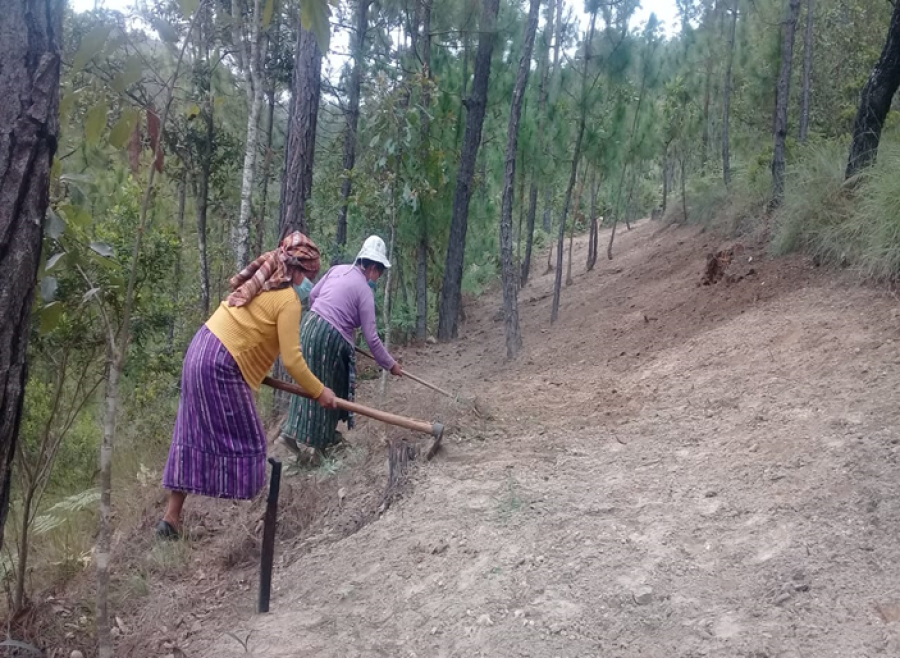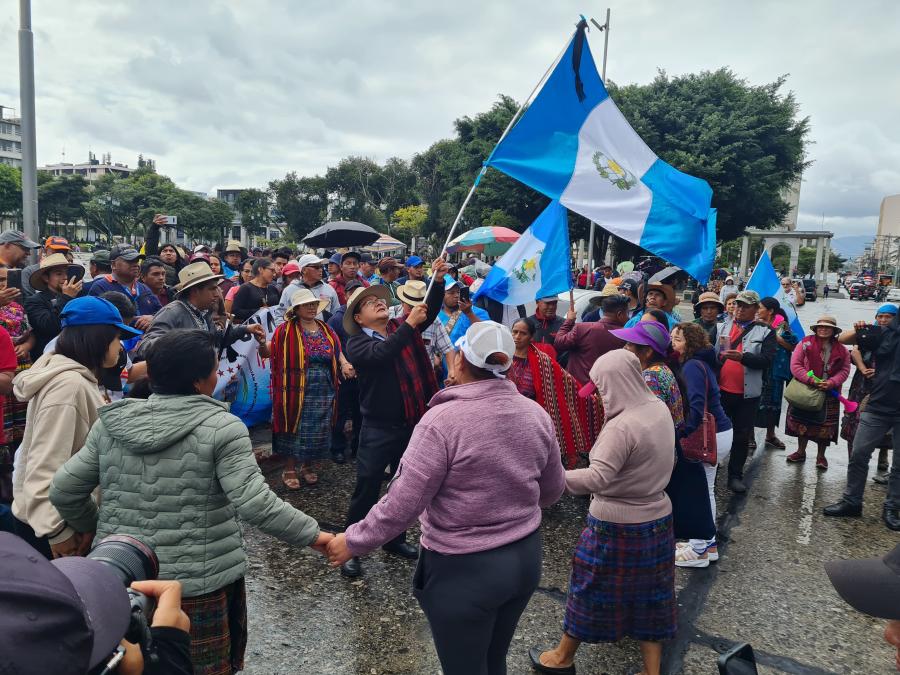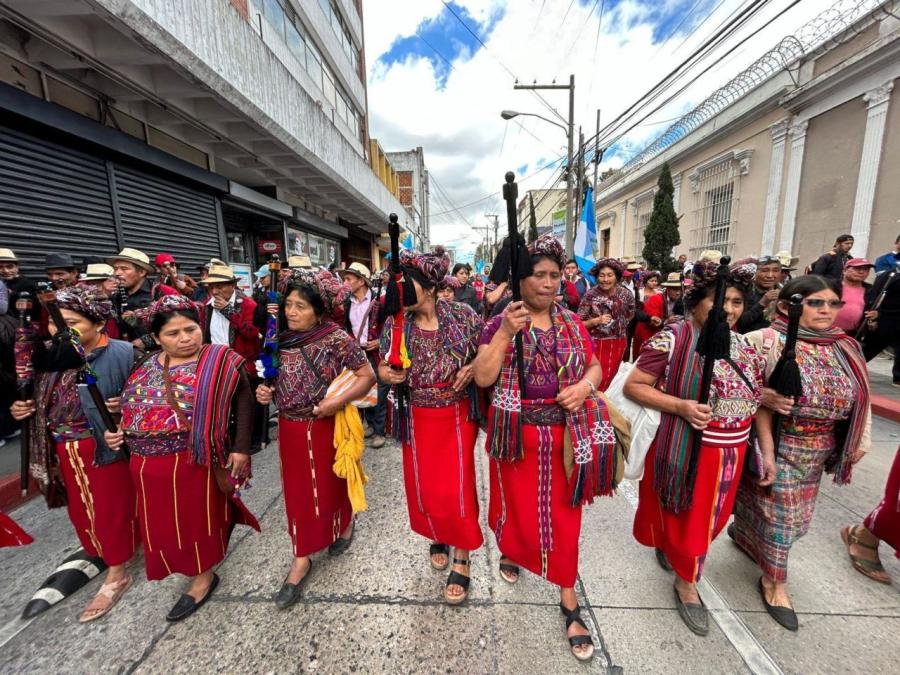Indigenous groups in Central America face many problems and challenges due to poverty, environmental destruction, and their lack of a voice in national politics. One of the best tools to face these challenges is education. Without it, most indigenous groups will have to remain dependent on outsiders to make informed choices about their natural resources, legal problems and future economic opportunities. Unfortunately for many indigenous groups, access to even basic education is severely lacking and they are still struggling to find the keys to self-determination.
The Kekchi (called "Q'eqchi" in Guatemala) are one of the largest indigenous groups in Central America. They are also among the poorest and most isolated. About 400,000 Kekchi still inhabit their traditional homeland of the Alta Verapaz region of northeastern Guatemala. Migrant and refugee Kekchi groups are scattered throughout adjacent lowland areas of rainforest in Guatemala and Belize. Most are subsistence farmers and very few have secure title to their lands, forests, and rivers. Over the centuries outsiders have taken control of the most fertile Kekchi lands for coffee plantations, nickel mines and cattle ranches. Hundreds of Kekchi communities were destroyed and dislocated by the Guatemalan military campaigns of the 1980s. Currently, displaced and impoverished Kekchi work for wages that don't even pay for an adequate diet.
The Kekchi High School Scholarship Project focuses its work among the Kekchi in southern Belize. There are about 5,000 Kekchi in Belize, scattered in approximately 35 villages, many of which are accessible only on foot. The Kekchi are the poorest ethnic group in Belize and they receive very few government services. Rural primary schools are poorly staffed with teachers who rarely speak Kekchi and recent budget cuts have further undermined the quality of Kekchi education. Therefore, few Kekchi students achieve test scores that qualify them for government scholarships.
The students who manage to pass high school entrance exams can seldom afford the cost of room, board and school fees for the nearest school, Toldeo Community College. Many Kekchi children who attend high school, end up dropping out because of the financial pressures living away from home. Those few Kekchi leaders who have surmounted these obstacles and completed high school, have become champions for improving the education in their communities. They also recognize that high educational costs are the fundamental barrier to creating future Kekchi leaders and increasing self-determination. The Kekchi High School Scholarship Project was created to combat the financial obstacles to secondary education by creating new and real educational opportunities.
Community involvement is an essential element of the project. In cooperation with local education officials and teachers, the Kekchi community representatives oversee the selection process for scholarship candidates and support their success. Candidates are chosen in Belize by a committee of community representatives and teachers on the basis of their grades on the national entry examinations, their demonstrated need for financial support and personal interviews. While this project has already helped several students go to high school, many more wait for this opportunity. Only by creating leaders and experts from within their own communities, can the Kekchi people succeed in guiding indigenous development to meet their many needs.
The project is managed by a committee of anthropologists and educators who have worked directly with Kekchi people and organizations in Belize and Guatemala. At a time when government support for education is failing throughout Central America, a scholarship is the key investment in the future of people like the Kekchi. With continued project support from private donations, plans are underway to initiate a similar project with Kekchi in Guatemala.
Article copyright Cultural Survival, Inc.



